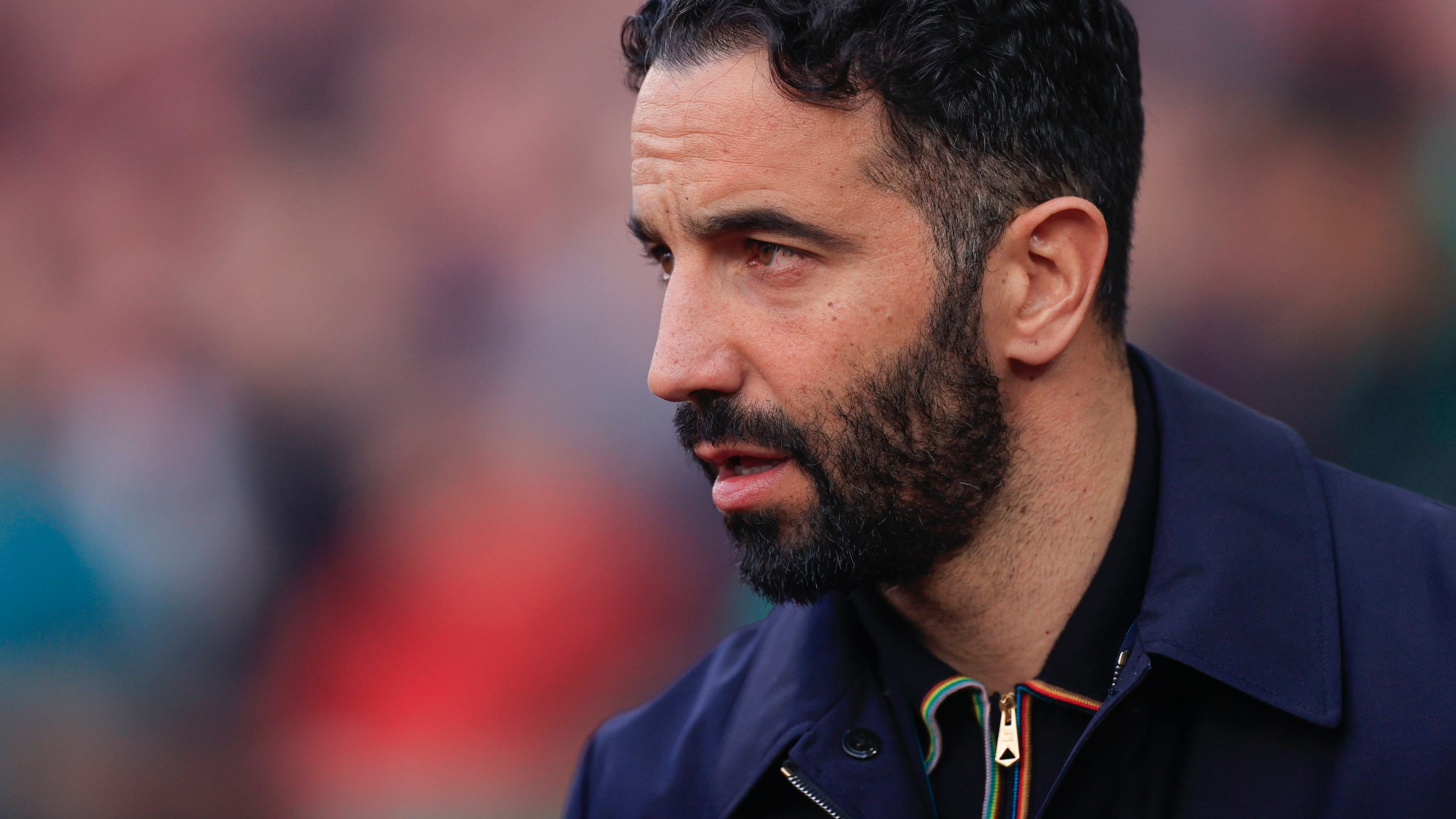Ruben Amorim, the current manager at Manchester United, explained his reasoning for not engaging in discussions with promising talent Kobbie Mainoo during the transfer window. Mainoo, feeling sidelined for not starting in the initial three Premier League fixtures, voiced his desire for a loan move away from Old Trafford. However, the club rejected his request.
Amorim clarified before United’s upcoming showdown with rivals Manchester City, “Like many lads, he wants more game time. I refrained from discussions with him before the window’s closure, but we spoke this week. I wanted to ensure Kobbie doesn’t think any dialogue was merely to retain him.”
The manager, despite the board’s dissatisfaction with his public candor, expressed his belief in Mainoo’s potential. “I’m a firm believer in Kobbie, though some reckon he’s the finished article. There’s still room for improvement, and while that might seem harsh, it’s part of his development journey. He’ll get his opportunities, like the others.”
A source disclosed that the United hierarchy is displeased with Amorim’s tendency to express strong emotions publicly, suggesting he should temper his expressions. This sentiment arose after Amorim declared Mainoo would vie with Bruno Fernandes for a starting role, a statement that reportedly created unnecessary turmoil during the summer window’s tense conclusion.
In the end, Jason Wilcox played a pivotal role, persuading Mainoo to remain at United instead of pursuing a loan deal. The situation was seen as a misstep by Amorim, lacking in sensitivity and with little regard for the club’s tradition of nurturing homegrown talents.
Commenting on Mainoo’s adjustment to the situation, Amorim remarked, “He’s perhaps not accustomed to fighting for his spot, which makes him uneasy. Yet, he’s eager to learn and improve.”
Drawing a comparison, Amorim mentioned, “I recall Vitinha at Wolverhampton, who then turned into arguably the best midfielder globally. You never know how things might unfold. Our style under my management is starkly different from the previous reign, focusing less on transitions, where Mainoo was unique in slowing the tempo.”
While the manager recognises Mainoo’s past accolades, including his role in the European Championship final featuring talents like Phil Foden and Cole Palmer, he remains committed to his strategic vision: “I expect more from him, potentially through increased starts, but I must trust my instincts regarding team selection.”
This nuanced situation at Manchester United highlights the perennial challenge of balancing youth development with the pressures of Premier League competition.
READ MORE MANCHESTER UNITED NEWS:


